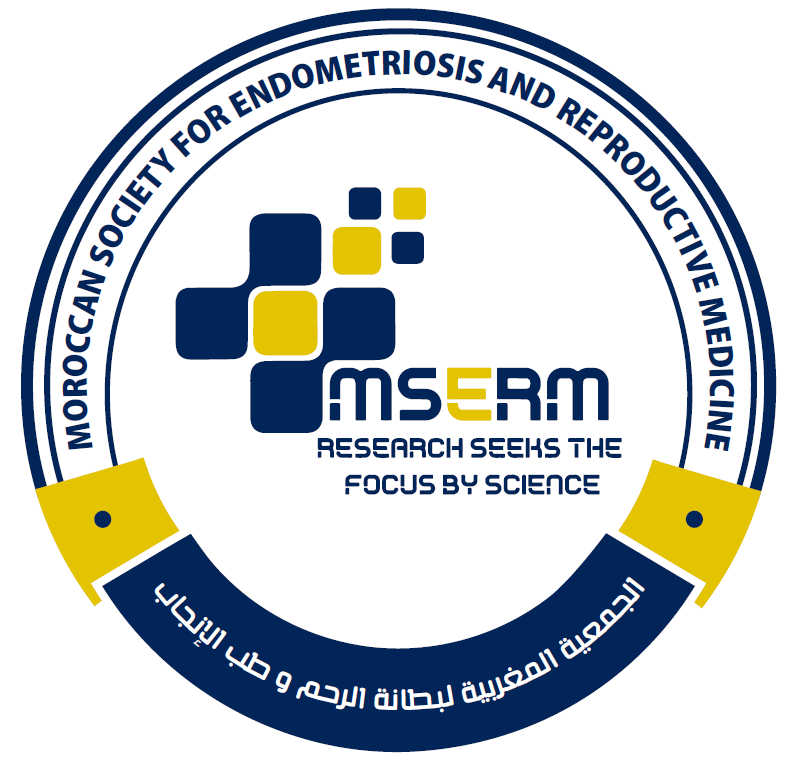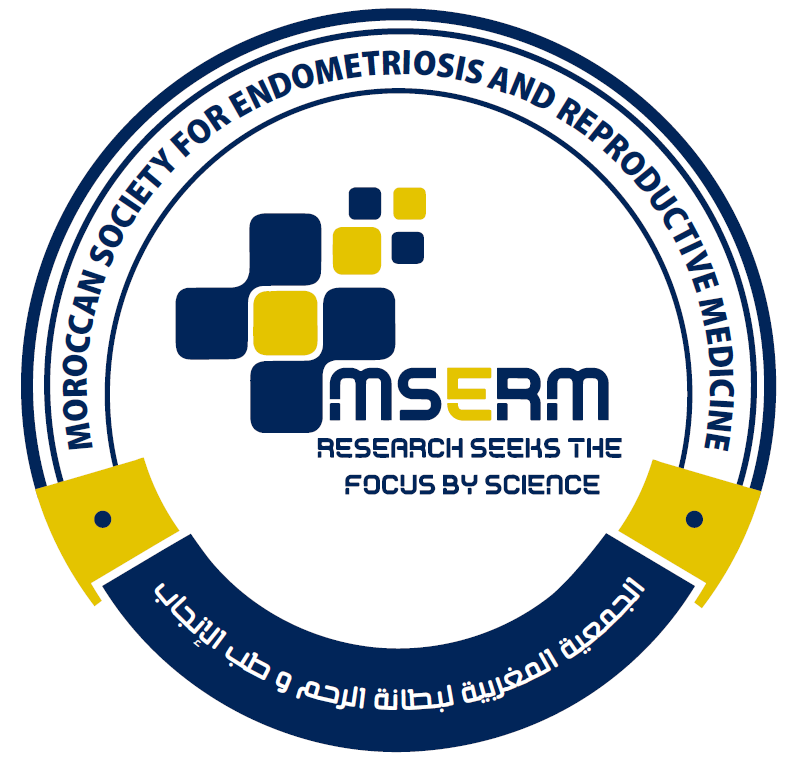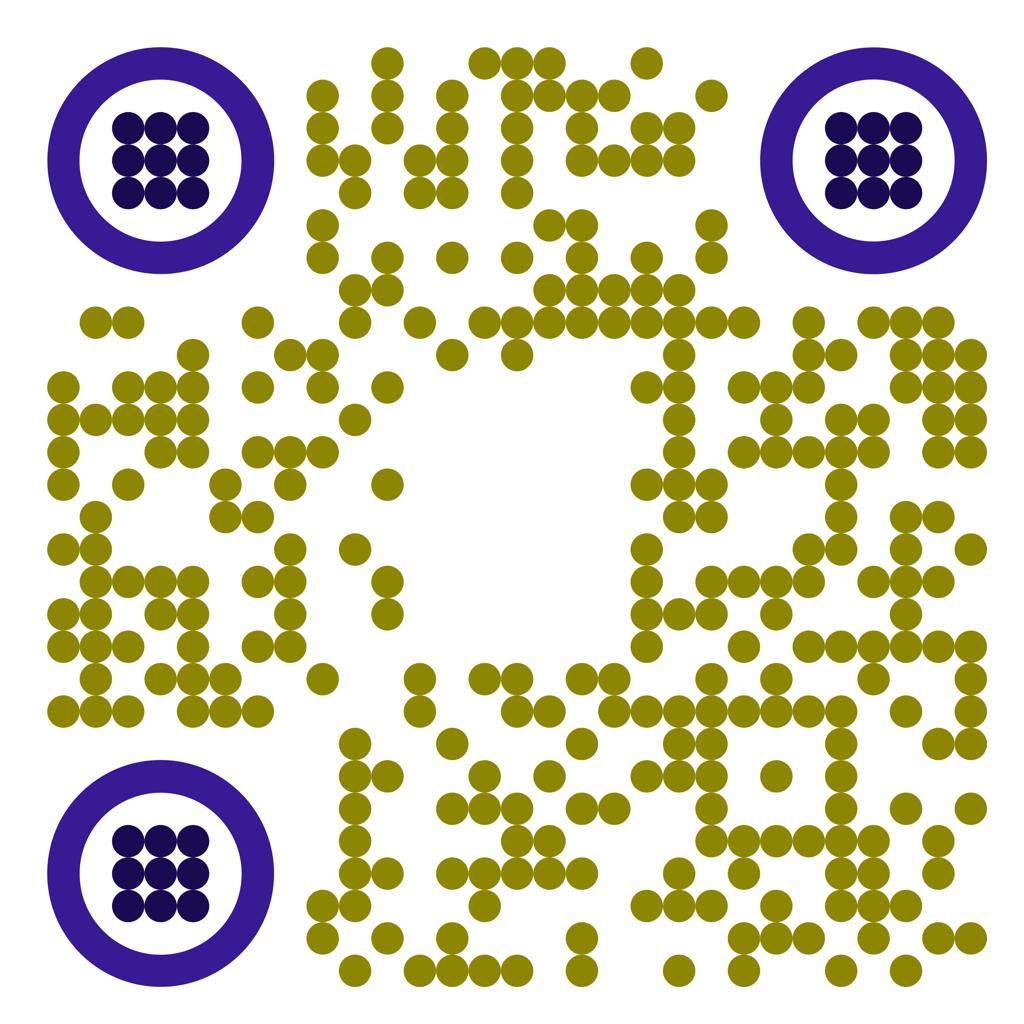Topic categories:
– Basic science
– Clinical science
– Paramedical
Topics (when Basic science or Clinical science are selected):
Andrology (incl. male (in)fertility, spermatogenesis, diagnostic tests, treatment, MESA, TESA, TESE, sperm donation, lifestyle and environmental factors related to male fertility, immunology, male contraception, sperm selection and processing, intrauterine insemination, infectious and male infertility)
Embryology (incl. IVF/ICSI, oocyte and embryo selection, culture, cryopreservation, developmental biology, quality control)
Endometriosis, endometrium and fallopian tube, and benign disorders of the endometrium and fallopian tube
Ethics and law
Implantation and early pregnancy (incl. miscarriage, recurrent miscarriages, termination of pregnancy, ectopic pregnancy, pregnancy of unknown location, gestational trophoblastic disease)
Male and female fertility preservation (incl. medical indications, elective gamete freezing, laboratory techniques)
Psychology and counselling
Reproductive (epi)genetics (incl. (epi)genetic causes of infertility, PGD, PGS, prenatal diagnosis)
Reproductive endocrinology (incl. ovarian reserve testing, ovarian stimulation, IVM, POI, PCOS, infancy, disorders of sexual development, puberty, adolescence, menopause)
Reproductive epidemiology, socio-cultural aspects and health economy (incl. cross border & developing countries)
Reproductive surgery (female and male)
Safety and quality of ART therapies (incl. guidelines, accreditation, EUTCD, certification, complications: premature labour, malformations, neonatal risks, multiple pregnancy, long term follow-up of children, imaging in ART)
Stem cells (inc. pluripotent stem cells (ESC-iPSC), somatic nuclear transfer, use of stem cells in reproduction, mesenchymal stem cells, artificial gametes, spermatogonial stem cells, oogonia, organoids, differentiation, pluripotency, regenerative medicine, CRISPR/CAS)




